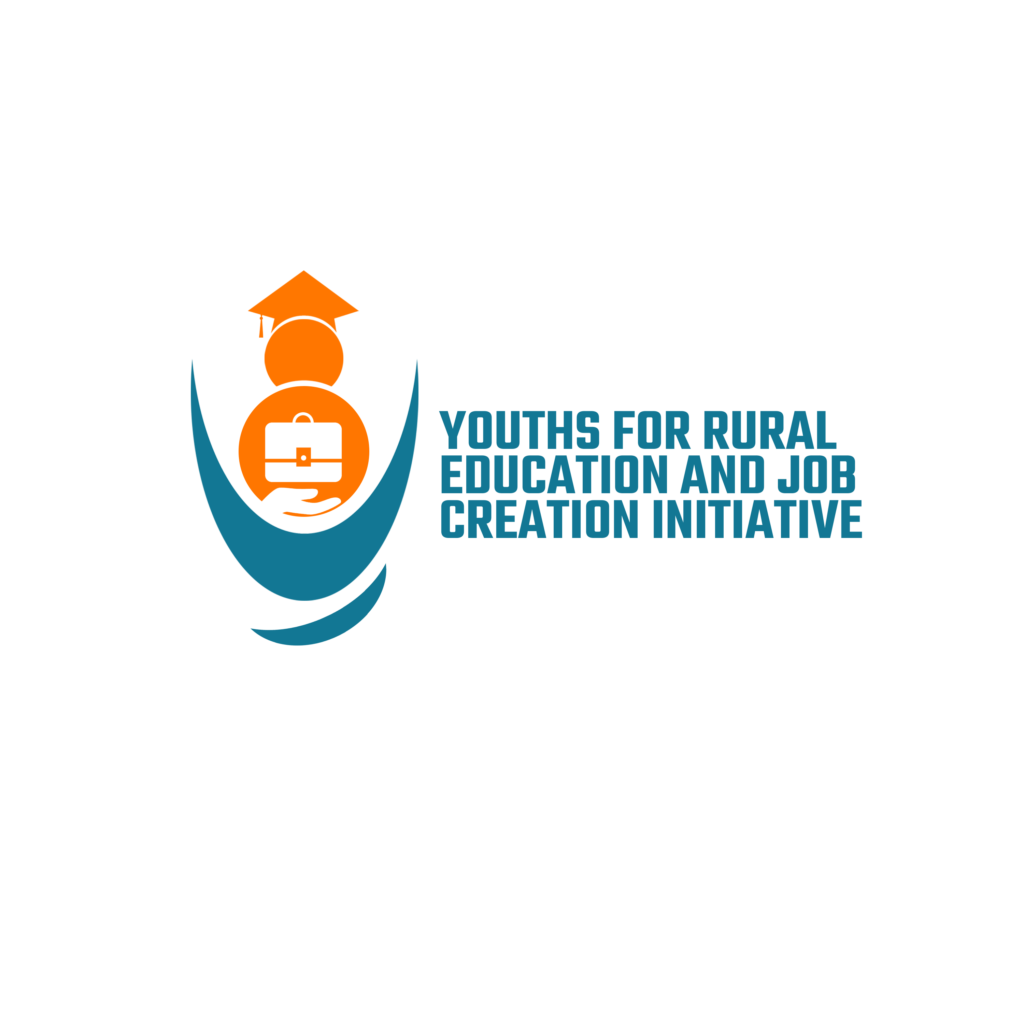Education Programmes
The Issue
UNICEF revealed that more than 3.3 million children drop out of school between primary 1- junior secondary school (JSS1) in Nigeria. And according to their record in 2022, about 20 million are out of school in Nigeria.
According to a UNICEF report in 2022, Nigeria has about 20 million out-of-school children. The Vanguard also published that 75% of school children in Nigeria do not have the required literacy and numeracy skills.
Quality pre-primary education is the foundation of a child’s journey: every other stage of education that follows relies on its success. However, despite the proven and lifelong benefits, more than175 million children, about half of all pre-primary-age children in the world are not enrolled in pre-primary education” – UNICEF.
Furthermore, only 1 in 5 young children are enrolled in pre-primary education in developing countries. Children from poor families are also less likely to attend early childhood education programmes.
Moreover, for some children who do have access, poorly trained educators, overcrowded and unstimulating environments, and unsuitable curricula diminish the quality of their experiences.
In 2020, UNICEF published a report that shows that millions of Nigerian children aged between the ages of 5 and 14 are out of school and just about 35.6 per cent of children aged 36-59 months were receiving early childhood education in Nigeria. More so, more than 50% of children in Primary 1 to Primary 3 cannot read a word and 60% of grade 3 children cannot complete a single-digit addition problem.
About 20 million children are currently not in school in Nigeria. Beyond the alarming rate of out-of-school children in the country, many children who are enrolled in school do not have access to quality education. The poor quality of teachers, lack of access to relevant books, and lack of supervision in schools have been recorded as some of the constraints to educational development in Nigeria.
The world is faced with numerous global challenges ranging from climate change to hunger, poverty, inequality and loss of biodiversity. According to the multidimensional Poverty Index (MPI) report of the national bureau of statistics in 2022, 67.5 million out of 99,6 million children in Nigeria are multidimensionally poor. More so about half the population of Nigerian youths are unemployed. Poverty is a major driver of biodiversity loss and over-extraction which consequently lead to environmental degradation.
The Solution: Our Organizational Approach
EBONYI LITERACY PROJECT-ELP
We are presently executing the ELP at Achara Primary School, Achara Nkaliki in Ebonyi state Nigeria as part of our literacy development scheme. Our target is to help 1000 children in this community to develop basic literacy and numeracy skills by 2027. We teach in the community school every week leveraging the services of our trained volunteer trainers and community teachers. On this project, we have trained at least 20 volunteer trainers. In 2022 we established a mobile library in the school to ensure that the pupils have access to quality and age-appropriate books. Furthermore, we leverage technology to teach the pupils basic arithmetic from the OPPIA foundation platform which has also helped to introduce some of them to basic digital skills and the use of computers. We continue to equip our library and hold periodic professional training for our trainers and some public-school teachers to ensure the quality delivery of primary education to children in this community.
UNICEF revealed that more than 3.3 million children drop out of school between primary 1- junior secondary school (JSS1) in Nigeria. And according to their record in 2022, about 20 million are out of school in Nigeria. Through this scheme, we offer people the opportunity to adopt a school child by sponsoring them for at least one academic year. This way people who are willing to take action but do not know how to reach these children can do so through our supervision. This scheme is open to children in primary and secondary schools in Nigeria.
The GSP is a continuous programme that we execute between April and September every year in schools in Nigeria. With the help and supervision of volunteers, we engage students in different schools in tree planting. The aim is to inculcate an environmental consciousness in students, help to provide fruits for many children who come to school hungry and also encourage them to participate in creating a healthier environment in their schools and communities.
We understand that failure to provide quality early childhood education limits children’s futures by denying them opportunities to reach their full potential. It also limits the futures of countries, robbing them of the human capital needed to reduce inequalities and promote peaceful, prosperous societies.
Therefore, this project’s objective is to ensure that at least 10,000 children get access to quality pre-primary education across different communities in Ebonyi State by the end of 2028.
Key Objectives
- To provide underserved children access to quality early childhood education and basic education.
- To support youths in learning and acquiring in-demand skills through skill acquisition, volunteerism, training.
- Collaborate with communities and government to ensure that schools are safe and condusive for leaners.
- Campaign for early childhood education online and across local communities in Ebonyi State.
- Train early childhood development teachers
- Support community schools to set up or maintain existing community nursery schools.
Impact in pictures



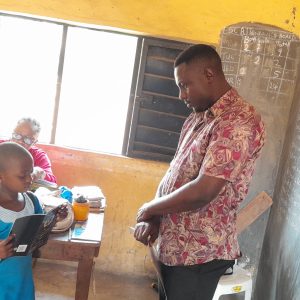

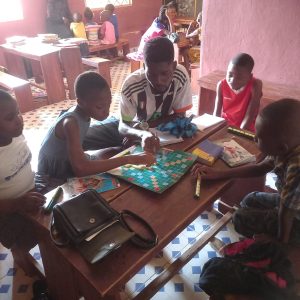
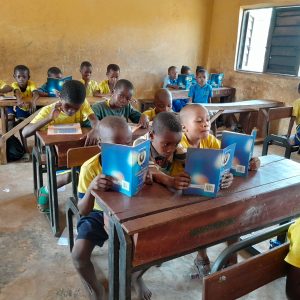
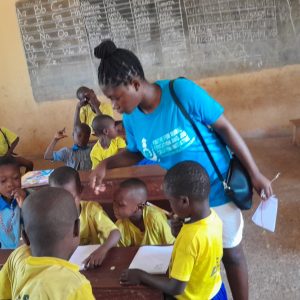
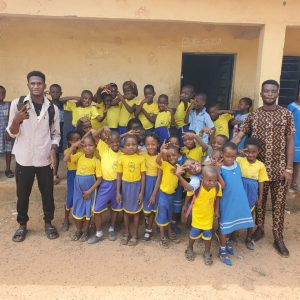
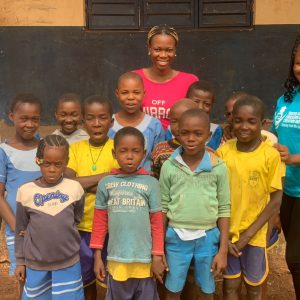
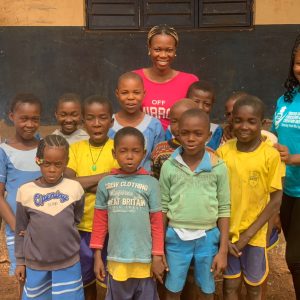
Partners & Sponsors






© 2023 Y4RED. All Right Reserved
